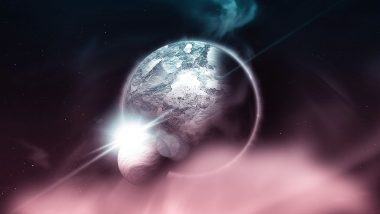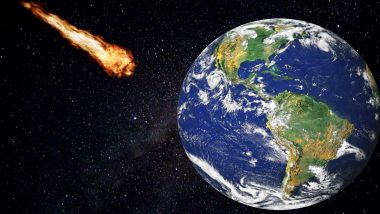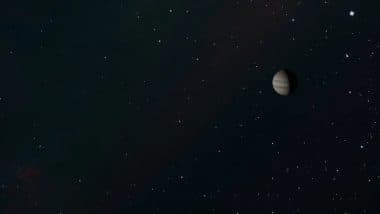After losing its status of being a planet, Pluto was declared to be dwarf planet a few years ago. But, according to a new study, Pluto does not seem to be that either. Astronomers have now established that Pluto is not a planet of any kind. In a study published in the journal 'Icarus', scientists say that they have found striking similarities between Pluto and the 67P comet studied by the European Space Agency’s (ESA) Rosetta spacecraft in 2004.
Southwest Research Institute’s Christopher Glein now says that Pluto could be a giant comet, the result of a billion comets coming together. In 2006, NASA had launched the New Horizons spacecraft at Pluto which is 4.67 billion miles from Earth. It was in July of 2015 that the probe finally got close enough to Pluto to analyse it.
The SRI study combines data from NASA's New Horizons mission and by the ESA's Rosetta mission. According to scientists, Pluto known as Sputnik Planitia has the chemical composition of the region which is nitrogen similar to that of 67P comet. Researchers are of the opinion that the presence of liquid water may have brought changes to it.
Glein in a press release said, "We found an intriguing consistency between the estimated amount of nitrogen inside [a glacier on Pluto] and the amount that would be expected if Pluto was formed by the agglomeration of roughly a billion comets or other Kuiper Belt objects similar in chemical composition to 67P, the comet explored by Rosetta."
(The above story first appeared on LatestLY on May 28, 2018 10:33 AM IST. For more news and updates on politics, world, sports, entertainment and lifestyle, log on to our website latestly.com).













 Quickly
Quickly





















